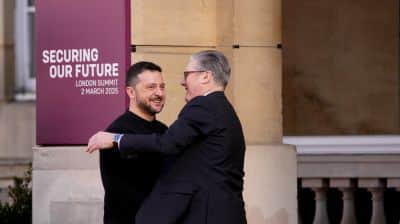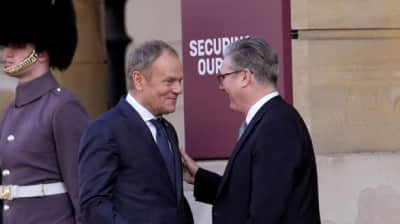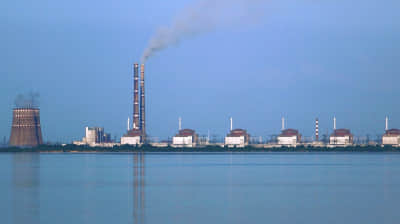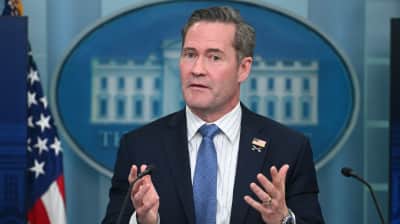ISW analyses Ukrainian and Russian conditions for peace
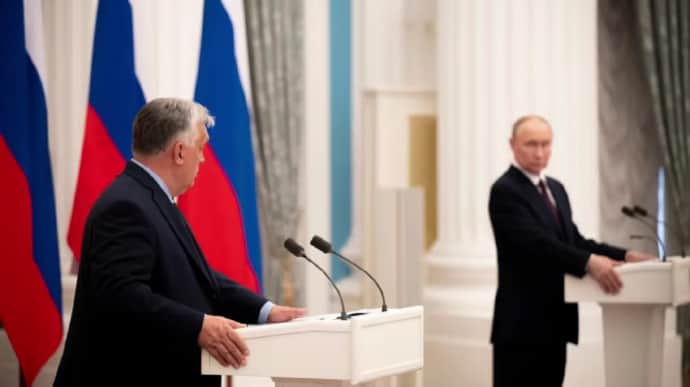
Analysts at the Institute for the Study of War (ISW) have pointed out that Ukraine's demands for a peace plan are justified, while Russia's are a violation of international law.
Source: ISW
Details: Ukraine continues to assert its readiness to negotiate with Russia on terms that comply with international law. This stance sharply contrasts with Russia's insistence on full Ukrainian capitulation.
On 15 July, President Volodymyr Zelenskyy announced that plans for a second peace summit should be finalised by November 2024 and said that Russia needed to participate. In the lead-up to this summit, Ukraine will organise a series of preparatory meetings: an energy security conference in Qatar in late July or early August 2024, a freedom of navigation discussion in Türkiye in August 2024, and a session on prisoner-of-war exchanges and the repatriation of deported Ukrainian children in Canada in September 2024. These issues were central to the first Global Peace Summit initiated by Ukraine in Switzerland in June 2024.
Despite these diplomatic efforts, recent statements from the Kremlin underscore Russia's rigid position on negotiations. Russian officials have clearly indicated that they will not attend the second peace summit, deeming its terms unacceptable given their demands.
ISW continues to assess that Putin's conditions for Ukrainian capitulation would enable Russian forces and occupation administrations to perpetuate their large-scale ethnic cleansing campaigns in occupied Ukraine. The complete restoration of Ukraine's territorial integrity is essential to liberate its people from Russian occupation.
To quote the ISW’s Key Takeaways on 15 July:
- A recent Ukrainian poll indicates that Ukrainians widely reject Russia's demands for total Ukrainian capitulation, emphasising that the Kremlin's conditions for the end of the war are entirely unreasonable and widely unpopular within Ukraine.
- Ukraine continues to demonstrate its willingness to negotiate with Russia on Ukraine’s own terms, and Ukraine’s demands for a peace settlement are in accordance with international law — in direct contrast to Russia’s unwillingness to engage in negotiations that end in anything short of full Ukrainian surrender.
- European Union (EU) officials continue to take steps to demonstrate the EU’s non-alignment with Hungarian Prime Minister Viktor Orbán’s political stances concerning the war in Ukraine.
- The Russian government proposed to significantly increase the number of conditions on which the Russian government can designate a person as a terrorist or extremist, likely as part of efforts to censor criticisms about Russia’s war in Ukraine.
- Ukrainian forces conducted drone strikes against Russian energy infrastructure on the night of 14-15 July and reportedly also hit Russian military assets in occupied Crimea.
- A new Russian migrant assimilation program highlights the apparent struggle the Russian government is facing with reconciling aspects of its policy towards Central Asian migrants as the Russian state desires to present itself as welcoming and multicultural while also emphasising the primacy of Russian language and historical legacy.
- Chechen Republic Head Ramzan Kadyrov is posturing himself and the North Caucasus as key to Russia's outreach to the Arab world.
- Ukrainian forces recently regained lost positions near Toretsk, and Russian forces recently advanced near Toretsk and Avdiivka.
- Russian leader Vladimir Putin emphasised ongoing Russian efforts to integrate the metallurgy industry in occupied Ukraine into Russia's defence industrial base (DIB).
Support UP or become our patron!
